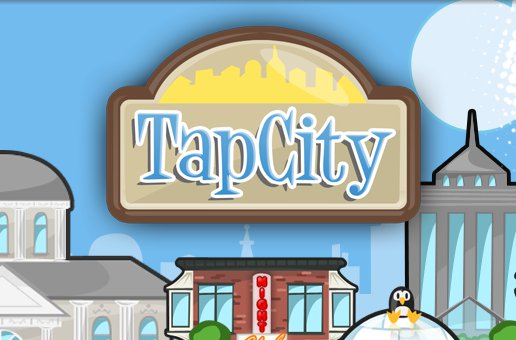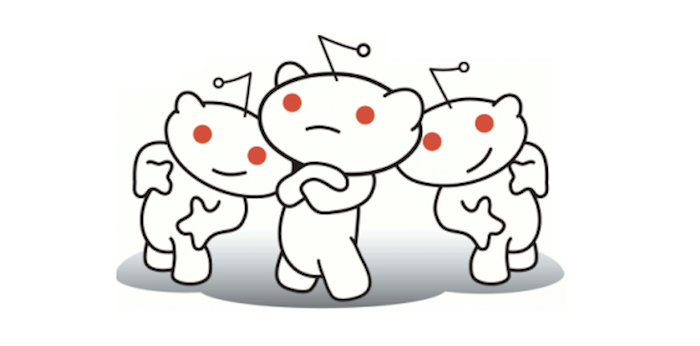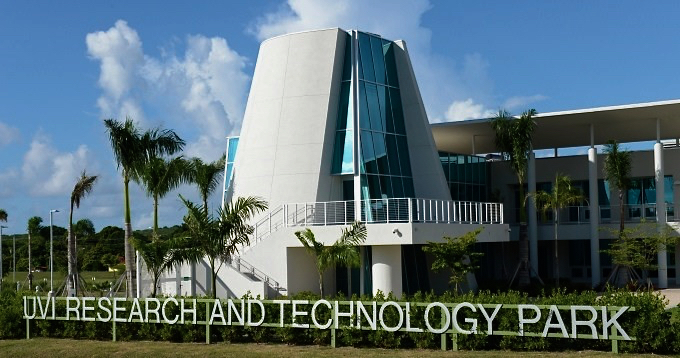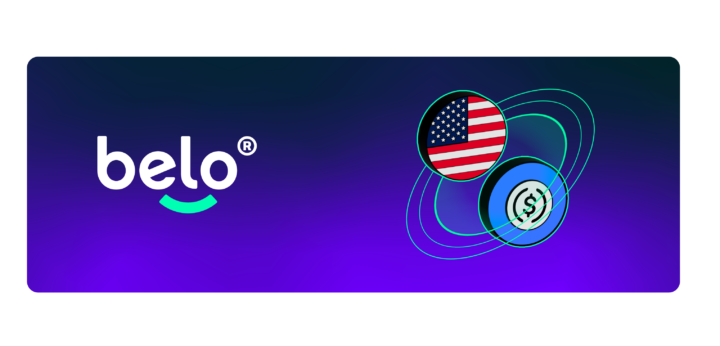A Boston-based startup wants to breathe new life into the shriveled husk of location-based gaming by discarding the ubiquitous “check-in” mechanic — where players have to physically visit a location to gain an in-game reward — in favor of building on residents’ emotional attachment to familiar landmarks.
“The check-in is getting stale,” said Tap Lab co-founder Dave Bisceglia. “As far as a gameplay mechanic, it’s not really fun. Gamers are looking for a more meaningful interaction with the people and places around them.”
It was the company’s last endeavor, a “real-life Monopoly” called Tap City, that inspired the team to move beyond check-in-based gameplay. While Bisceglia is tight-lipped about how the upcoming Tap City 2 will replace that crutch, he said there will be multiple new mechanics, and that exploration will be rewarded.
In the new game, which is still in private beta, players compete to seize control of real-life landmarks like Fenway Park, playing on users’ fondness for familiar locations, rather than rewarding them for the “grinding” mechanic of visiting real-world places. The goal is for ongoing contests to develop, in the game’s virtual space, over the control of popular institutions in the real world.
I asked Bisceglia about other projects that are trying to revitalize location-based gameplay, like collectors card mastermind Richard Garfield’s Kickstarter-funded effort, Map Monsters. He said that while nobody seems to have a found a magic bullet yet, he’s excited by the diversity of attempts to breathe new life into what the Tap Lab calls “geo-social gaming.”
“I’ve probably seen a half-dozen ‘Pokemon-in-the-real-world’ games over the past 12 months, none of which have really taken off,” he said. “What excites me is that there are genres within this category that haven’t been tapped into yet.”
The Tap Lab raised $550,000 this spring in a seed round led by the founders of Harmonix, another Mass-based company that aimed (successfully) to turn a novelty interface into a Guitar Hero, a commercial and critical success. Bisceglia likened Guitar Hero to Tap City in the sense that both seek to forge emotional connections — the former between players and music, and the latter between players and physical locations.
“That’s what makes our genre so cool,” he said. “The context provides relevance, which introduces emotion.”
Image: The Tap Lab










